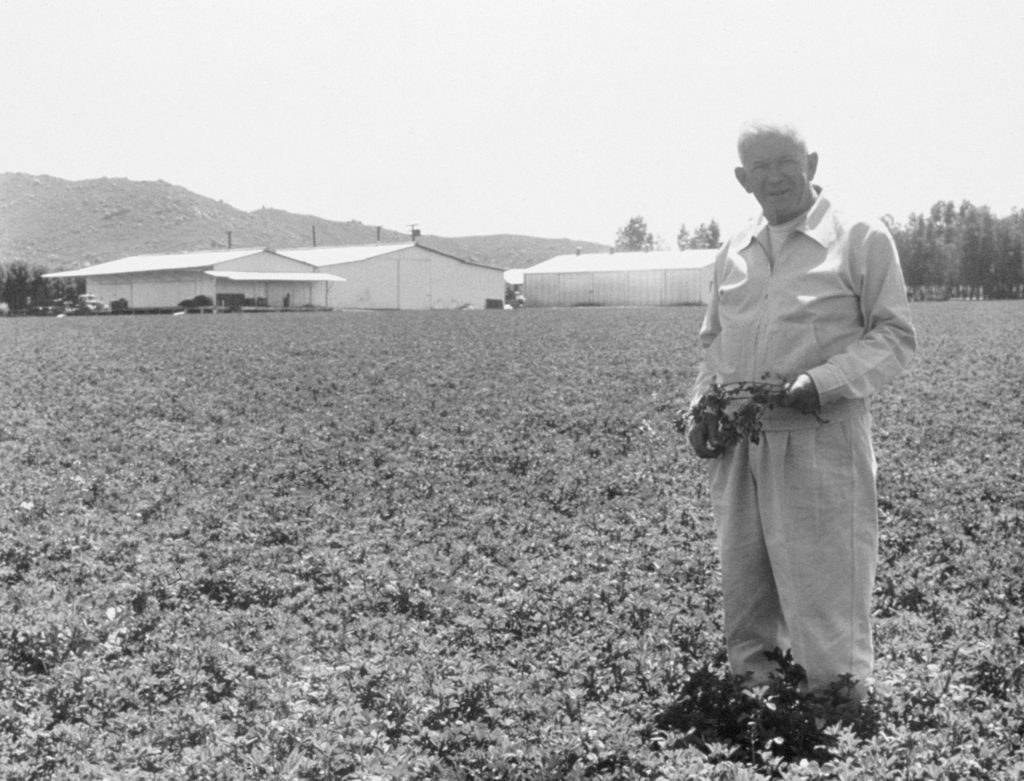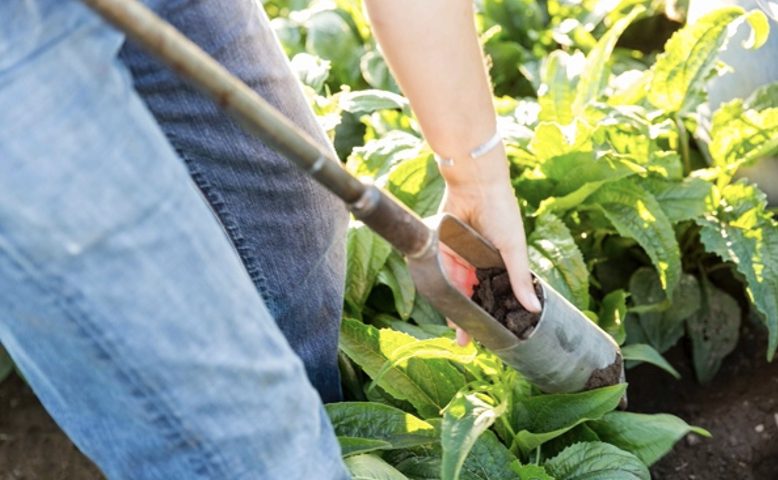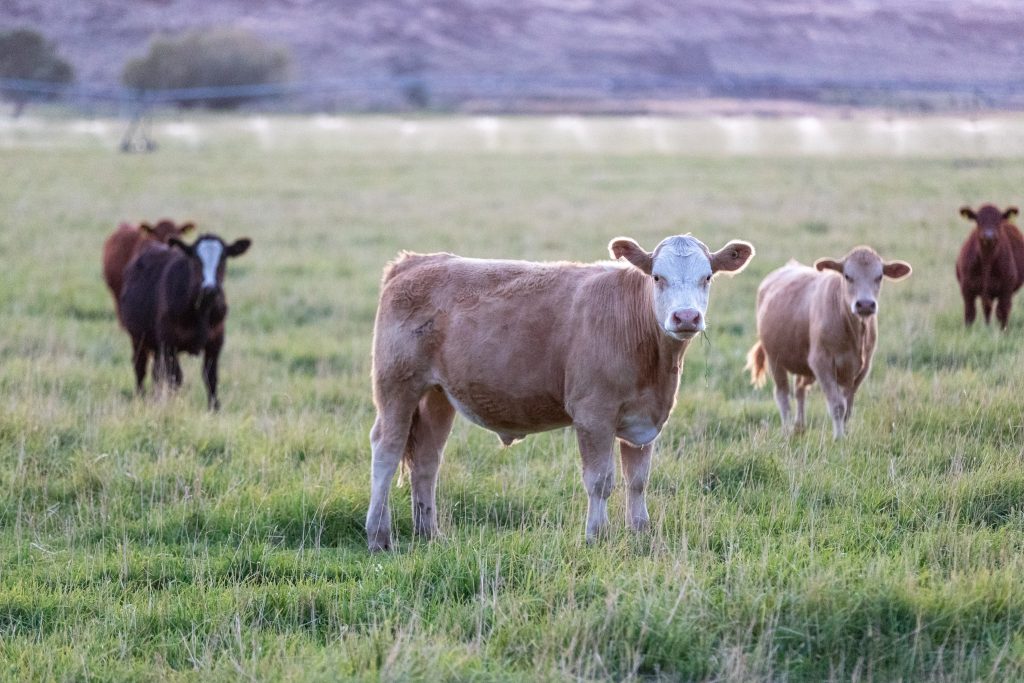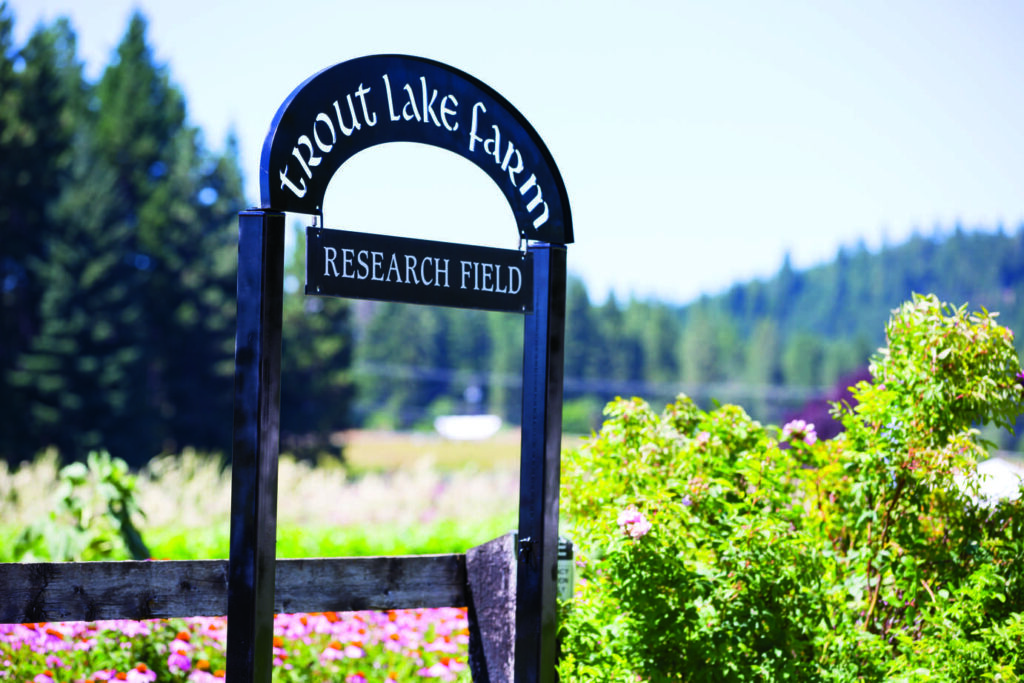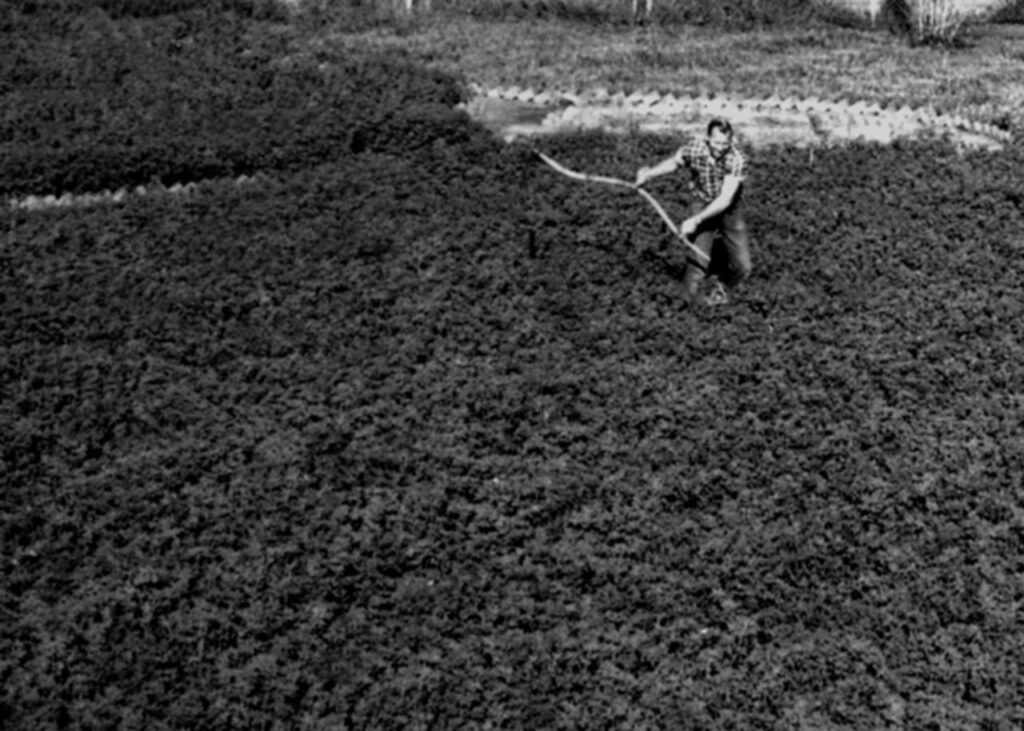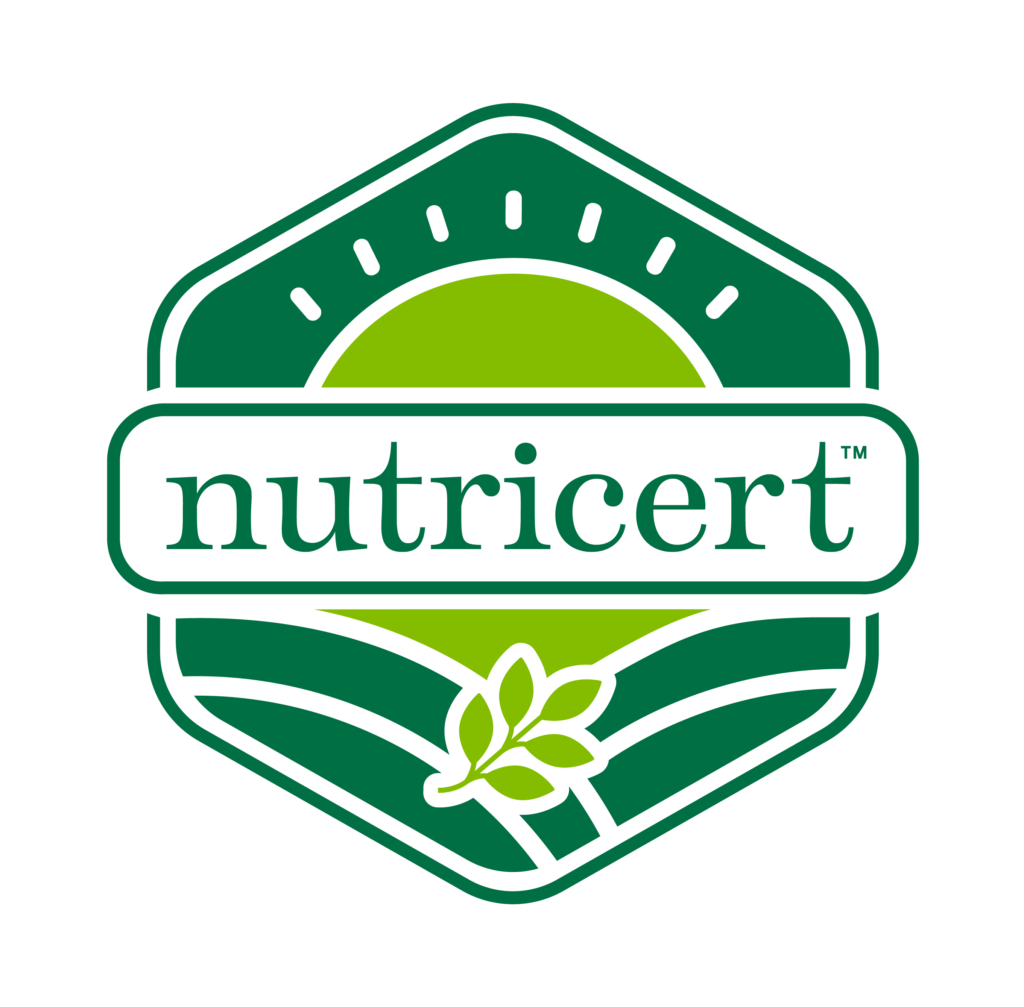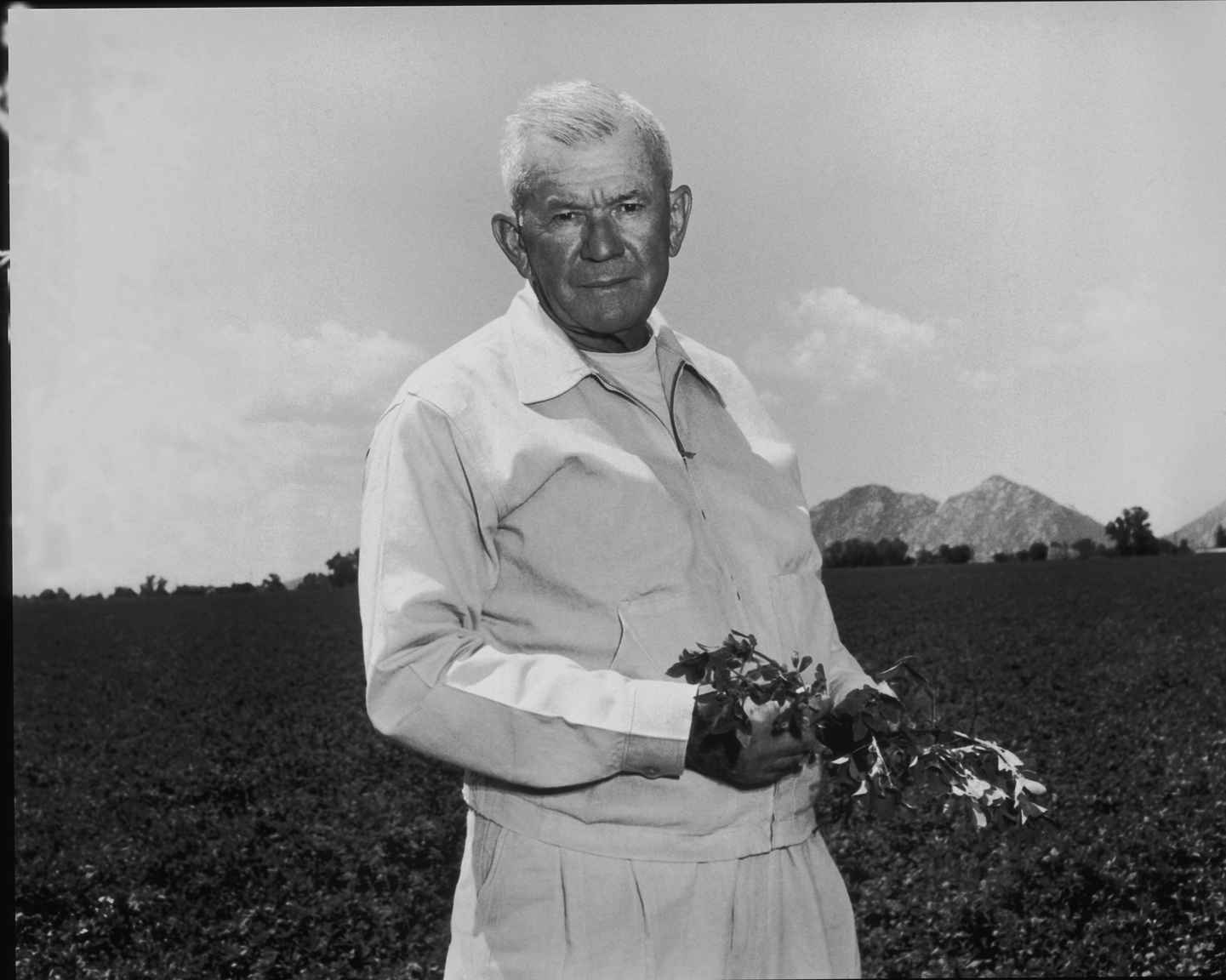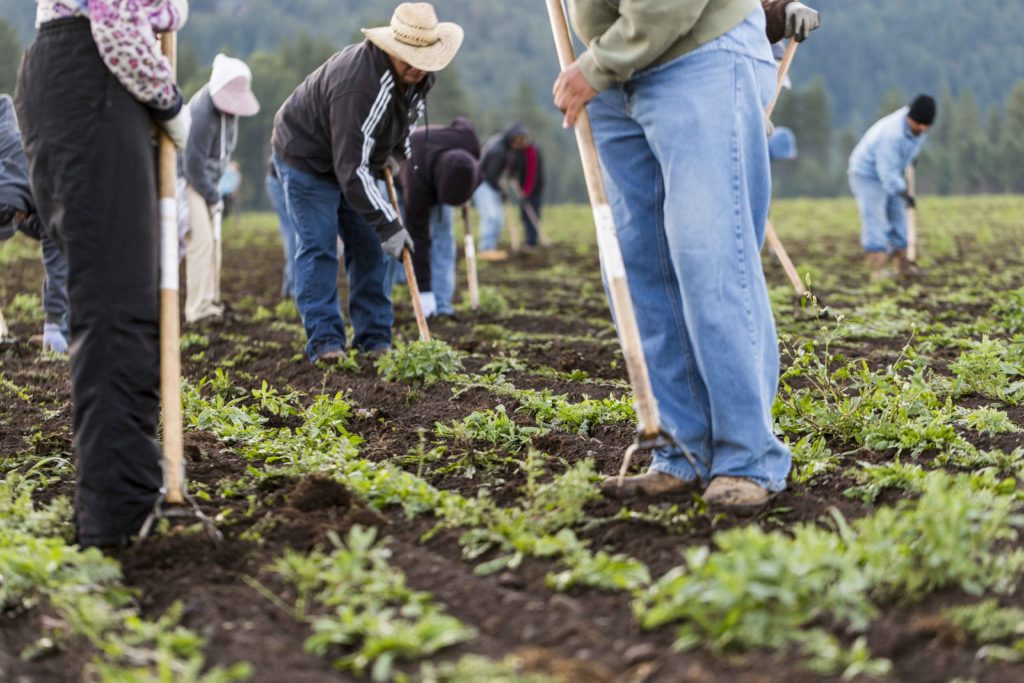As we near the beginning of a new year, I, for one, believe that the optimism we create is going to become the future we live in. In a world too often dominated by headlines of challenge and disruption, optimism — and a positive mental attitude — has the potential to transform us, and surprisingly enough even help increase our healthspan.
A Foundation of Personal Wellbeing
Have you ever thought about where wellbeing really comes from? Why we might be motivated to stay healthy? We can probably list many reasons. And some of those reasons might really impact us!
But here’s something important I’ve come to understand: Personal wellbeing isn’t just about you (or me). It’s about the people around us, our family, friends and the greater community.

Once you realize that you can best help others when you are healthy and by being your best self, you see how interconnected we are and how your own health contributes to everyone and everything around you. That is the biggest motivator!
So, think of it this way, before we can nourish others, we must first nourish ourselves. This isn’t selfish—it’s essential.
Our physical well-being forms a foundation from which our mental optimism is built. Not only do our actions increase the quality of our lives and our own healthspans, but they can also contribute to increasing the quality of life for those around us.
Finding Sanctuary in Nature
I often talk about the walks I like to take, and the simple way each step can connect us to our purpose. And there’s also profound wisdom in simply staying connected to the earth – not only with both feet, but also with our intentions. Stepping away from technology and the constant interruptions it creates in our lives has never been as important and beneficial to our wellbeing.
Whether you have a small garden on your balcony or you are just walking through a field, nature offers us a break from the chaos of the modern world. It’s another reason why Amway is so interested in organic and regenerative farming; because in providing the plants used to make botanical ingredients for Nutrilite products, they’re also staying connected to the earth and cultivating it in such a way that the soil remains fertile and ready for future generations to benefit from.
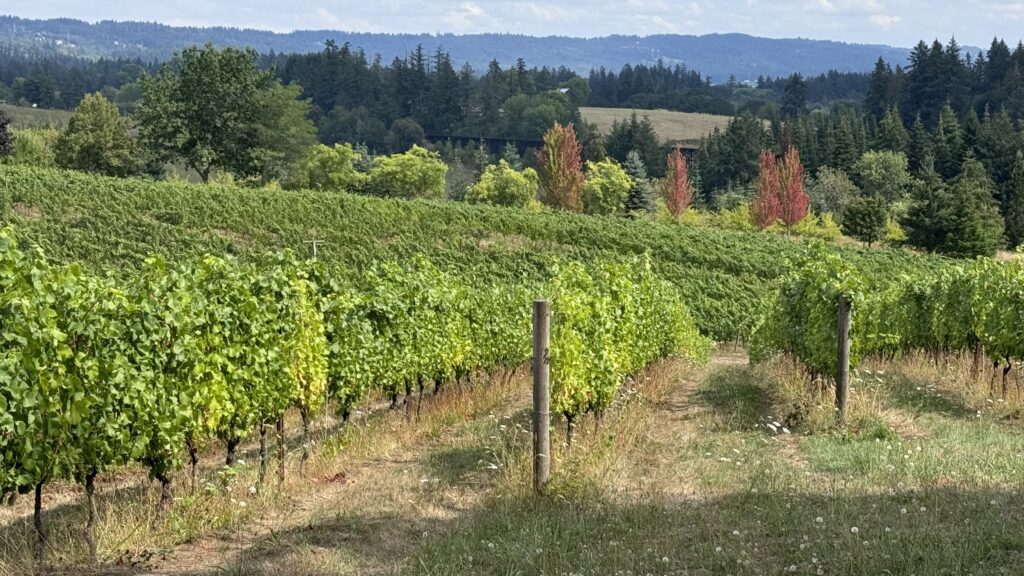
Not to mention that finding sanctuary in nature allows us to reconnect with something much larger than ourselves—the cycle of life, seasonal renewal, and the natural abundance that has sustained us for generations.
The Ripple Effect of Kindness
True optimism manifests in us in how we might respond to our own struggles. In a world where negativity prevails, suffering can lead to bitterness and a mistaken desire for others to share in our pain. Optimism offers a different path. It can transform our challenges into opportunities for positive change.
Look at it this way. When we face difficulties, we can use the wisdom and empathy we gain from the experience to help others navigate similar struggles. This is authentic kindness in action—it’s not superficial. It can lead to a deeper commitment that sees others positively and finds ways to help them avoid the challenges you went through.
The ripple effect it creates leads to stronger social connections that lift everyone and makes the world a better place.
Looking Forward with Optimism
So, as we move into the future, we get to choose how we show up in the lives of other people. By choosing optimism, we end up creating a better world in every moment for the people we interact with.
Taking care of yourself, nurturing your connection with nature, and all the effort you make to transform personal challenges into opportunities to help others, leads to a future where we can happily coexist.
Optimism isn’t just about hoping for a better future—it’s about actively creating it, starting with us and rippling outward to others.
It makes all the difference in the world.
Happy Holidays!


